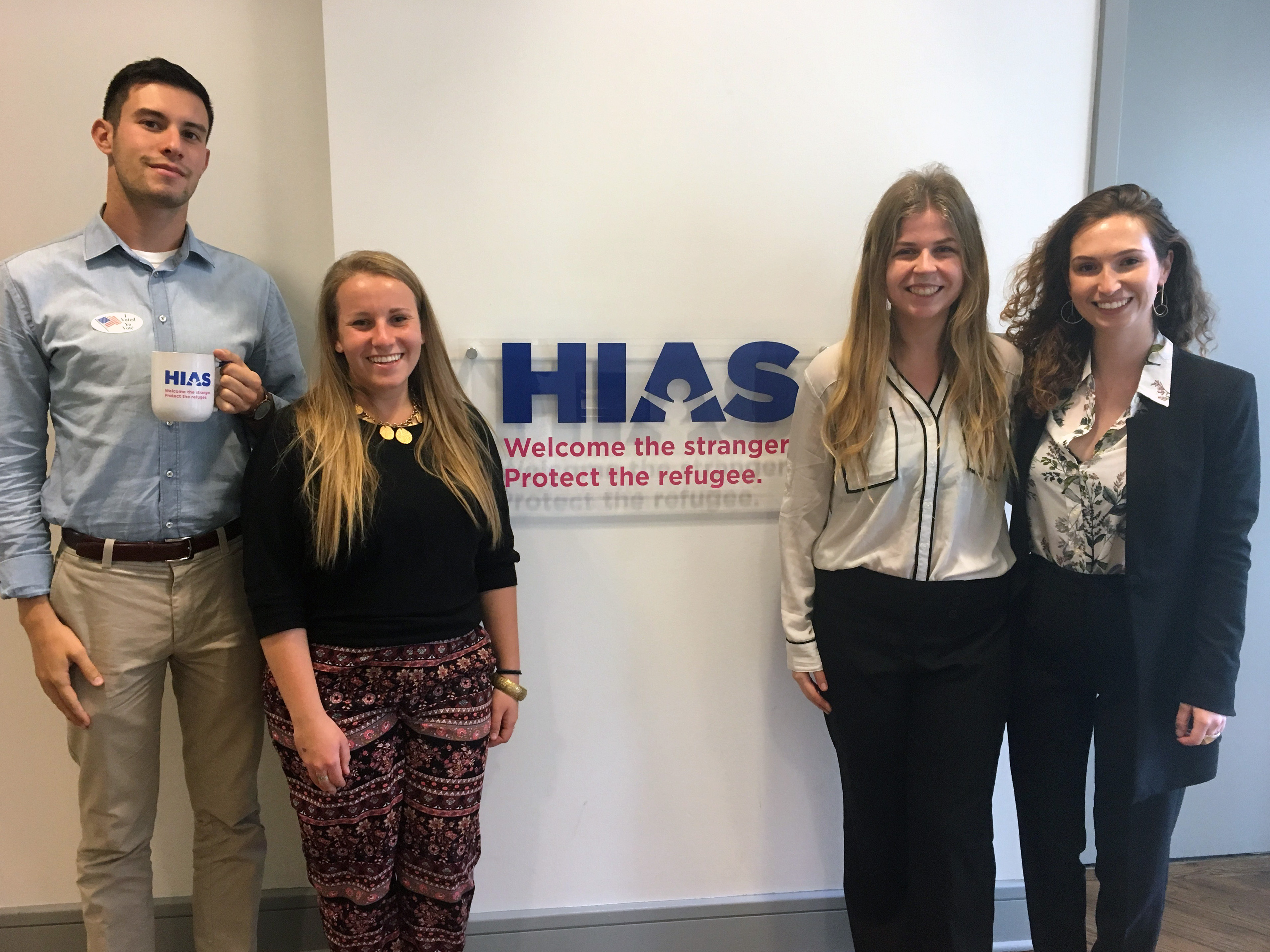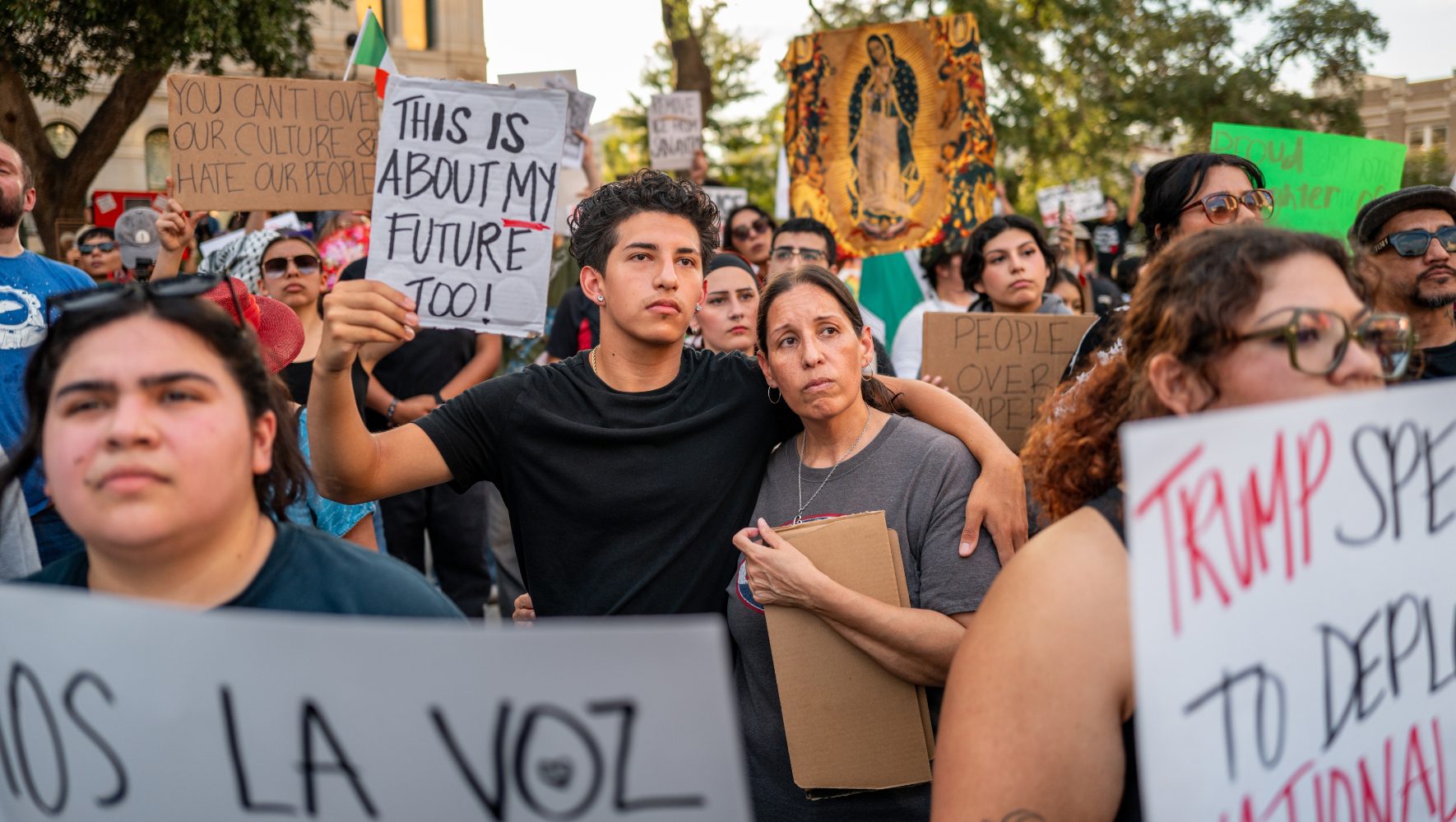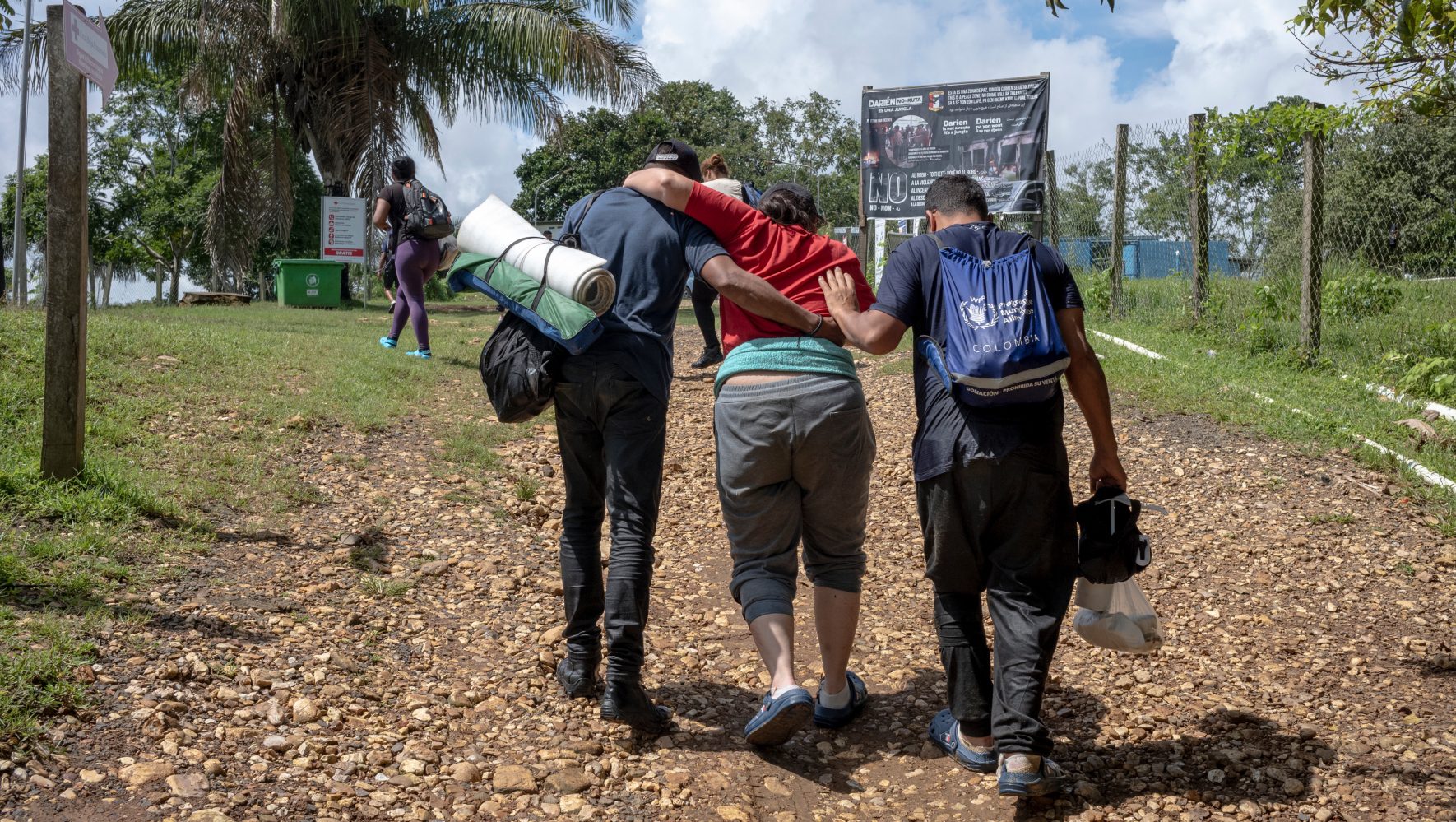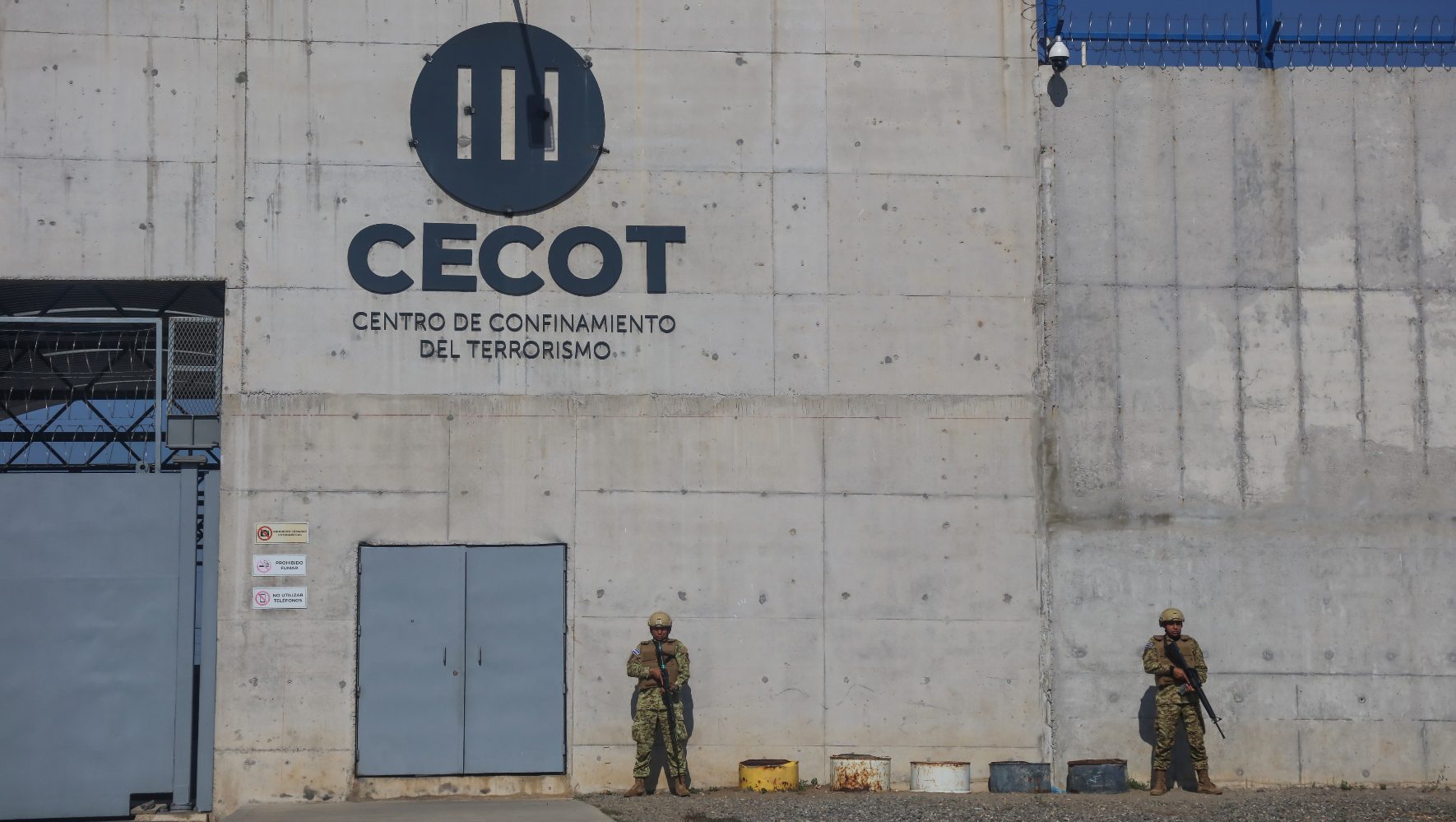Thinking Globally, Interning Locally
By By Stephanie Blitzer, Global Programs Intern
Dec 15, 2016

From Left to Right: Isaac Flegel-Mishlove, Special Assistant to the President & CEO at HIAS, with Global Programs interns Stephanie Blitzer, Brenna Carpenter and Louisa Brown at HIAS' headquarters office in Silver Spring, Maryland. November 2016.
(Devon Cone/HIAS)
This semester, like many college students, I sought an internship that enhanced what I was being taught in the classroom. For some, these internships have been spent filing papers, making copies and answering phones. Not for me. Within the first hours on my first day with HIAS, I knew that it was going to be an internship filled with worthwhile professional and educational experiences, and so did my fellow fall interns.
“HIAS' global programs office allowed me to have a hands on experience with an extremely supportive staff who took the time to make sure the work I was doing was not only valuable, but also interesting.” said Brenna Carpenter, a third year law student at Arizona State’s Sandra Day O’Connor College of Law. She was one of three interns working with the Global Programs team at the HIAS headquarters in Silver Spring, Maryland during the fall semester of 2016.
Like Carpenter, Louisa Brown spent this past semester working on various projects that helped HIAS staff both at home and abroad with the refugee resettlement process. Brown, a postgraduate fellow at the Schell Center for International Human Rights at Yale Law School, wanted to support an organization working on refugee rights and advocacy, so she reached out to HIAS.
“It's been a fantastic experience. I feel very fortunate to have met a wonderful group of people who are deeply committed to refugee rights,” Brown said.
As a fellow HIAS global programs intern, I could not agree more.
Carpenter, Brown and I all found our way to HIAS because of our interest in working with refugees and a desire to do meaningful work for the cause.
One of the projects we worked on was compiling information about countries that HIAS has identified as being producers of large quantities of refugees. We created packets of information about these countries, including the treatment of different political and social groups in the countries and the history of the conflict in each country. The briefing materials were then distributed to HIAS staff to help support and explain a refugee’s claim for resettlement.
Through the creation of these information packets, we gained a better understanding of countries like Afghanistan, Eritrea and Syria, and the human rights abuses that take place in each of those countries. For example, the lack of freedom that journalists have in Afghanistan or the indefinite national service in Eritrea, where children are conscripted into military training in 12th grade. We also had a chance to help review resettlement submissions from HIAS’ country offices in Kenya and Uganda.
At first, I felt intimidated by the responsibility of reviewing refugee referrals because I don’t have a law background, nor did I think that I would be given such an important task during my internship. After reviewing a few cases, however, I quickly adapted.
As Brown aptly put it, “it feels good to be able to provide some, if only a little, support to HIAS who is doing excellent work in a difficult political climate.”
“My internship with HIAS allowed me to strengthen the skills I gained from previous work experiences and from my studies,” Carpenter added. “Interning with HIAS was fantastic and I would highly recommend it.”
Blitzer, an international studies major in her junior year at American University in Washington, D.C., interned with HIAS in the fall of 2016.
To find out about current internship opportunities with HIAS, click here.


